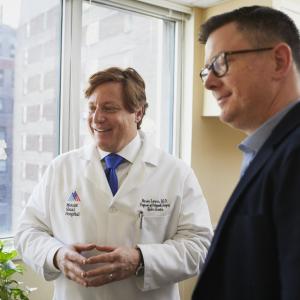Post Traumatic Stress Disorder: Causes And Treatments
Post Traumatic Stress Disorder (PTSD) is a condition that develops following a horrible or terrifying event. Reliving the trauma with nightmares and thoughts of the day it happened becomes a problem. Soon you may begin to have sleeping problems, feel detached, or easily frightened. Many times PTSD occurs with anxiety disorders, depression, and/or substance abuse.
PTSD can be triggered by a number of things, such as:
- War
- Car accident
- Rape
- Child abuse
- Natural disaster
- Life-threatening situations can trigger PTSD. Being a witness to something horrific can trigger it as well.
You may begin to lose interest in things you used to enjoy. You may feel more irritable, fatigued, and/or violent.
Women are more likely to have Post Traumatic Stress Disorder than men. It can occur at any age, including childhood. There is evidence that PTSD runs in families. Sometimes PTSD does not show up for years after a traumatic experience.
Post Traumatic Stress Disorder is treatable. Medication and therapy are effective treatment options, such as the following:
- Psychotherapy: Cognitive Behavior Therapy, Present Centered Therapy
- Medication: Selective Serotonin Reuptake Inhibitors (SSRIs)
- Alternative Therapies: Trauma-Sensitive Yoga, Acupuncture
Photo by Abhishek Gaurav from Pexels










